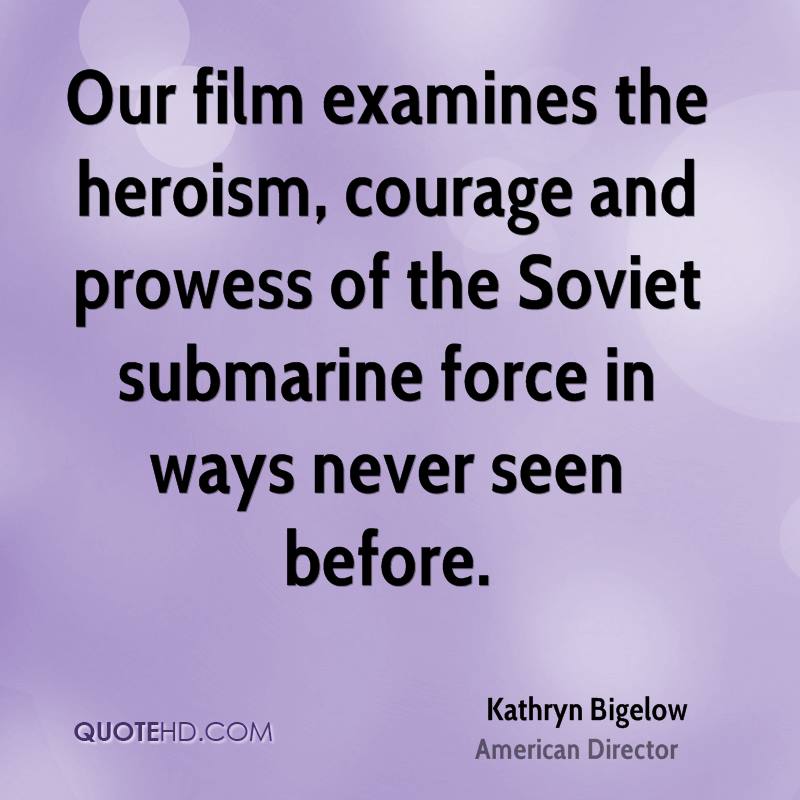In contemplating the intersection of Bahá’í teachings with concepts of courage, heroism, and the multifaceted nature of war, one uncovers a nuanced tapestry of belief that challenges conventional understandings of valor and conflict. The Bahá’í Faith, with its emphasis on unity, the sanctity of human life, and the pursuit of justice, provides unique insights that enrich the discourse surrounding these profound themes. This exploration seeks to unravel these teachings, shedding light on the values that inform what might be deemed worthy of sacrifice and the moral imperatives that arise in times of conflict.
At the heart of the Bahá’í Faith lies the belief in the oneness of humanity. This principle posits that all individuals, regardless of their nationality, ethnicity, or social status, are inherently interconnected. Such a worldview inherently complicates traditional narratives about war, which often emphasize division and enmity. The Bahá’í perspective encourages a reevaluation of what constitutes a just cause, urging followers to abjure violence as a means to resolve disputes. The concept of heroism, therefore, transcends the accolade of battlefield bravery; it encompasses a broader, more profound commitment to fostering peace and understanding among peoples.
Bahá’u’lláh, the founder of the Bahá’í Faith, articulates a haunting vision of the human condition, wherein the quest for justice is often intertwined with the call to resist oppression. This notion of moral courage—a courage rooted in truth and integrity—serves as a guiding principle for Bahá’ís when confronting unjust systems. Acts of resistance that stem from love, rather than hatred, exemplify a high order of heroism that is aligned with spiritual teachings. Such courageous acts can manifest not just on a grand scale but in the everyday decisions that challenge social injustices, inequities, and prejudices.
The Bahá’í teachings also provide profound lessons on the nature of sacrifice. While the inclination to protect one’s nation or community is an instinctual and often noble pursuit, Bahá’í writings illuminate a deeper inquiry into the moral implications of such actions. The question arises: What is worth dying for? A simplistic answer may highlight traditional notions of patriotism or ancestral loyalty; however, the Bahá’í perspective urges individuals to weigh their motivations against the principles of justice and the collective welfare of humanity.
A salient aspect of this discussion is the relationship between courage and the concept of jihad. In the Bahá’í context, jihad extends beyond the physical battleground to encompass the internal struggle against complacency and the commitment to promoting the welfare of humanity. This spiritual struggle can be seen as an embodiment of profound courage—a courage that revolves around challenging one’s own biases, expanding one’s understanding, and actively participating in the betterment of society. This assertion that the greatest battles are often fought within the self places heroism in an entirely new light, transforming it from a mere martial endeavor into a holistic way of being.
Moreover, the Bahá’í writings emphasize the importance of dialogue as a precursor to conflict resolution. The principle of consultation—a dynamic and inclusive form of discussion—offers a framework through which differences can be addressed amicably. Embracing this technique requires a unique blend of courage and humility; it involves the heroism to listen, to consider alternate perspectives, and to work collaboratively toward shared objectives. In this paradigm, courage is not merely an act of defiance but rather a commitment to building bridges that foster peace and mutual understanding.
In examining the ramifications of war, the Bahá’í Faith explicitly condemns warfare as a means to achieve political ends. The view that war is the manifestation of humanity’s inadequacies and failures leads to an inevitable critique of the systems that perpetuate such conflicts. The notion that authentic courage involves striving for disarmament, reconciliation, and a sincere pursuit of peace reflects the teachings of Bahá’u’lláh, who admonishes humanity to seek peaceful solutions rather than resorting to the scourge of violence. Heroism is redefined as the pursuit of justice not through force, but through enlightened action and deep-rooted compassion.
The disciplines of courage and heroism are inextricably linked to the concept of self-sacrifice. The Bahá’í paradigm views the act of sacrificing for the greater good as not only noble but also essential for transcending the tribulations of humanity. The teachings advocate for selflessness as an essential component of any action that is undertaken for the betterment of society. This selflessness challenges individuals to prioritize collective well-being over personal gain or comfort. Such dedication often emerges in times of crisis, where the willingness to stand against prevailing injustices becomes an act of heroic proportions, often at great personal risk.
Finally, the complex interplay of courage, heroism, and the moral fabric surrounding war reminds humanity of its shared responsibility. The Bahá’í Faith’s teachings encourage individuals to seek peace through justice, fostering a world where the incorrigible cycle of conflict may give way to collaboration and understanding. It implores adherents to elevate courage from the conquest of adversaries to the triumph over ignorance and prejudice, thus rendering the act of living a profound testament to the values that are worth enduring, struggling, and yes, in the rarest cases, sacrificing for. Ultimately, the teachings provide a beacon for navigating the moral complexities of an often fragmented world, guiding followers in their pursuit of a united, peaceful existence.
